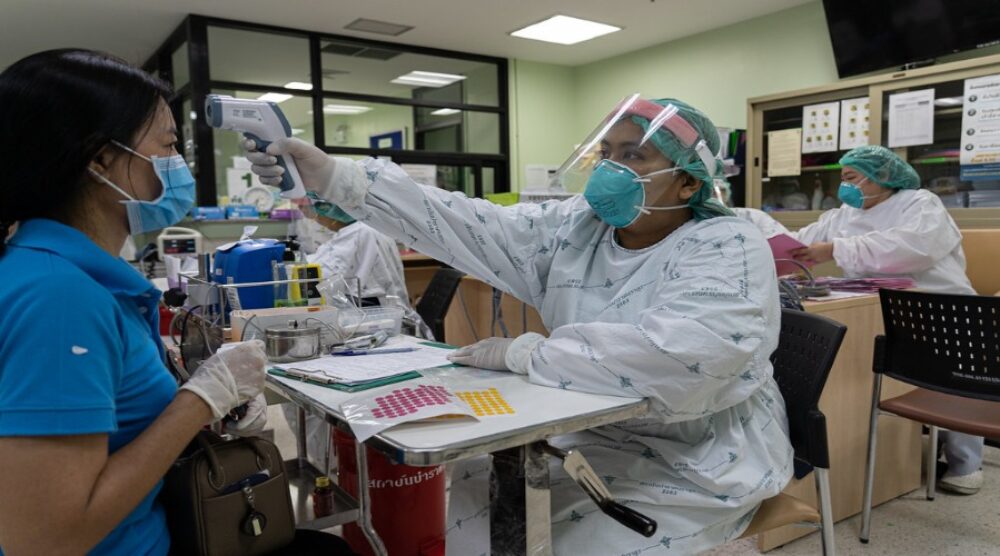SARA E DAVIES, HUIYUN FENG AND CONNIE GAN |
The coronavirus pandemic revealed the disconnect between wishful official edicts and rigid social conventions.
The Chinese government has officially encouraged women to have equal roles in social, economic and political life. Still, traditional culture and practice continue to subject women to lower social status inside families (especially in rural areas), in the media, and in employment, including in the healthcare sector. The consequence of gender stereotypes and conformity within families and society was made clear during the Covid-19 pandemic.
China first detected the novel coronavirus SARS-CoV-2 in late 2019. The country is now fighting a potential surge in Qingdao and Sanya, but China has had success in controlling the spread of the coronavirus, and as such can provide valuable data, information and lessons for other countries. China has also, like most countries, been slow to develop gender-inclusive and gender-responsive policies in coping with public health crisis.
Looking at China’s Covid-19 institutional response, we see two parallel narratives on gender: an official narrative that presents progressive policy on gender equality, and an unofficial narrative that prefers patriarchal systems and men as symbols of leadership. The discrepancy between the two indicates a need for more gender consciousness across China’s sectors of healthcare, education, employment and media.
The official narrative on China’s fight against Covid-19 as embodied in its white paper has highlighted the role of the central leadership. The highest-ranking female politician in China is Madame Sun Chunlan, the Vice Premier and a politburo member, who is also in charge of public health in China. Some prominent females have played a key role in responding to the pandemic. For example, the PLA Major General Chen Wei is a leading figure in research and development of vaccines in China; Academician of the Chinese Academy of Sciences Li Lanjuan is a leading epidemiologist of infectious disease; and Dr. Ai Fen is the director of the emergency department of Central Hospital of Wuhan, and is the one who raised the alarm that this was an atypical virus. All these female figures are well recognised and respected by the Central Government as well as the general public.
Please click here to read the full ‘Can Covid-19 advance gender equality in China’s health policies?‘ article originally published at The Interpreter written by Griffith Asia Institute Researchers, Sara Davies and Huiyun Feng and Connie Cai Ru Gan.








